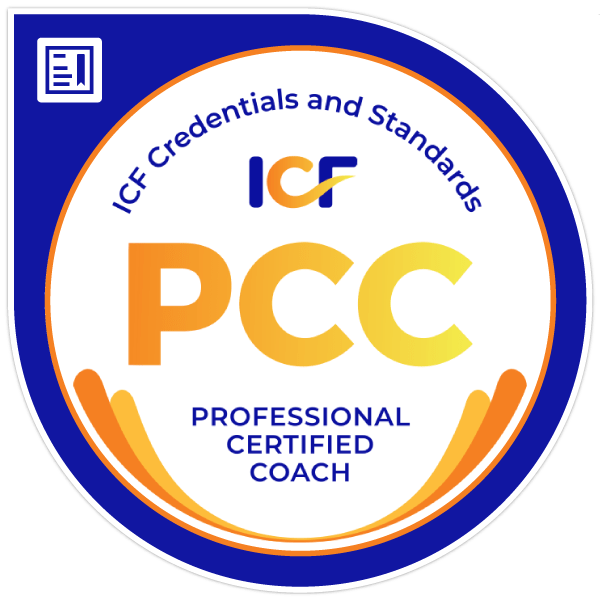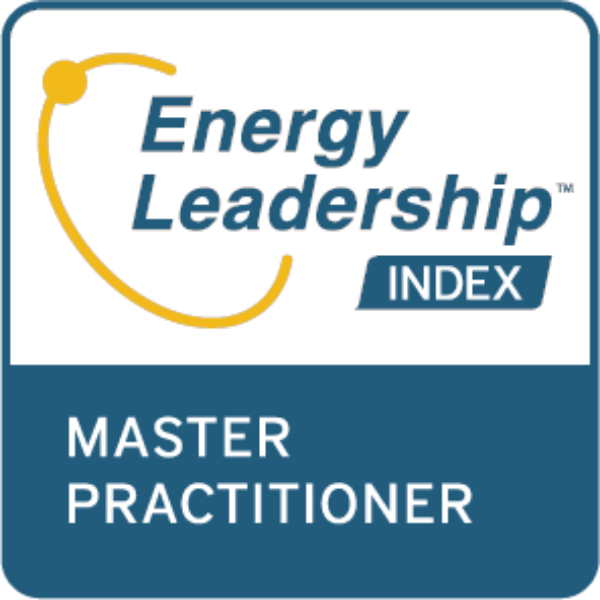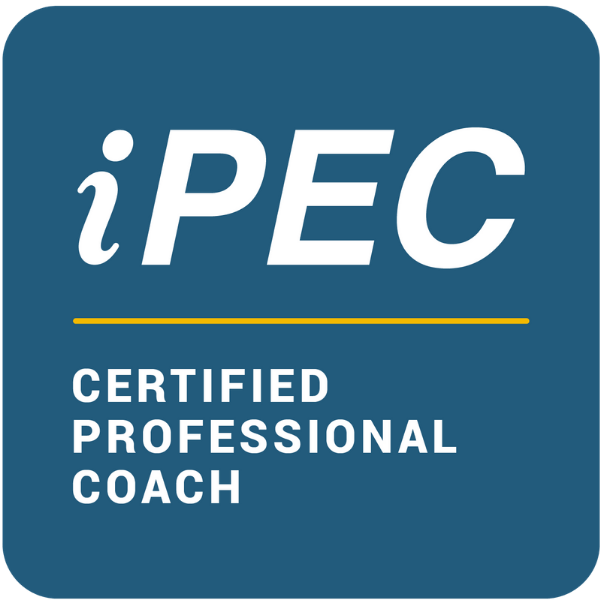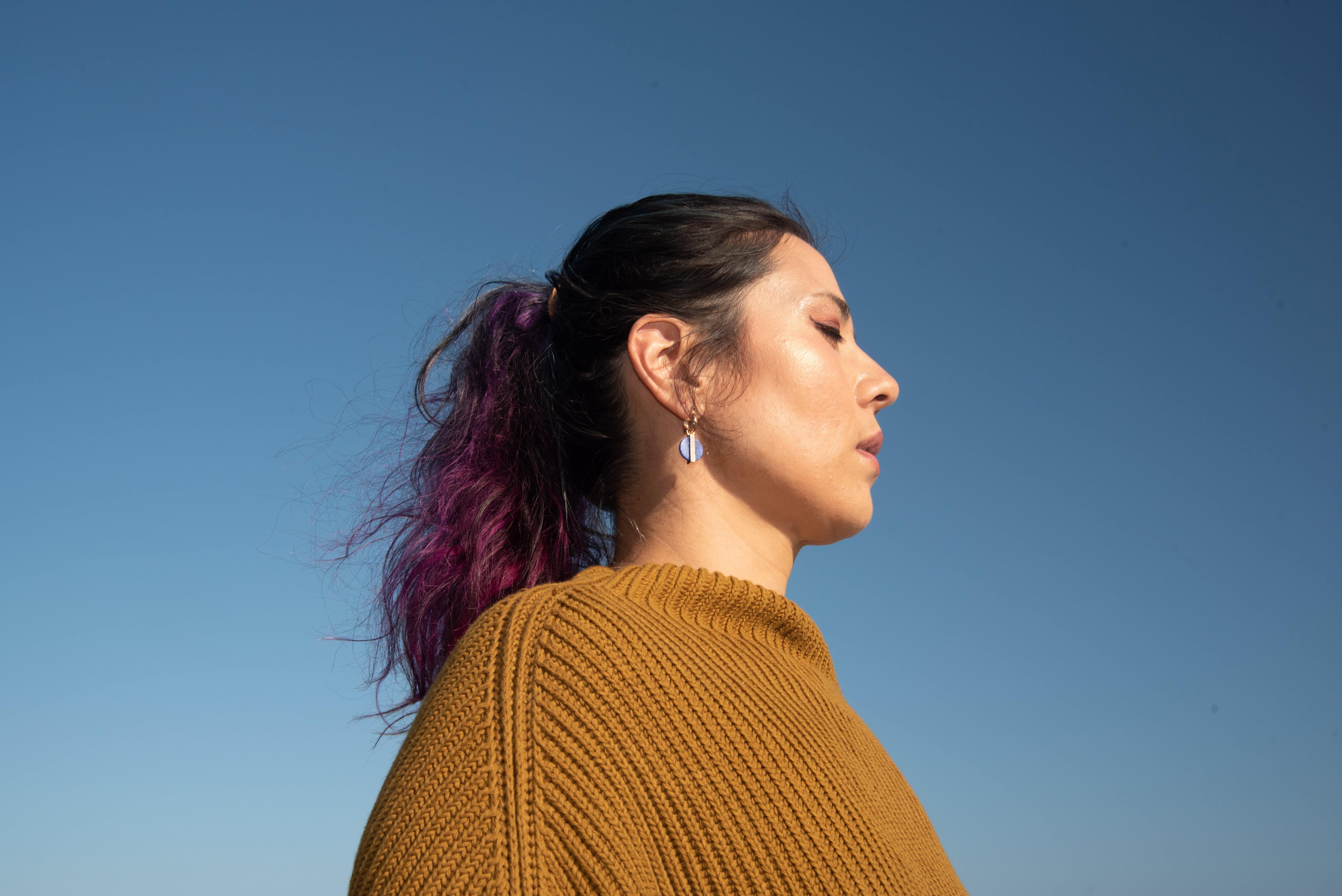 SHOW NOTES from Episode 9 of Wayfinding Wisdom. Click here to listen.
SHOW NOTES from Episode 9 of Wayfinding Wisdom. Click here to listen.
Welcome wonderful humans.
You’re listening to Wayfinding Wisdom – the podcast where each week we offer up 10-20 minutes of stories & strategies to help you navigate the complex waters of modern-day life with intention & confidence.
I’m Alice Chen – coach, experience designer, and fellow wayfinder.
Last week we talked about the vulnerability of not knowing, how we are conditioned to feel like it’s not okay or we are not okay when we realize we don’t know the answer to something or we don’t know how to do something.
And we also talked about how important it is to be compassionate with ourselves as we unlearn some of this conditioning, access the courage to relate to the unknown differently and embrace wayfinding in our lives.
One thing people often ask me once they get present to the importance of being with the unknown in their life (vs. shutting off to it) is “How do I do that? What can I say, do, or practice to work with rather than resist the unknown in my life?”
And of course, high level I invite them to engage in the four practices of wayfinding “self-inquiry, experimentation, collaboration & learning” but I think it can also be helpful to have even more concrete actions to try on for size in the spirit of these four things.
People will often say to me “Alice what do you DO when you don’t know something?”
So I had a look in on my own process and distilled out 5 concrete things I do when I don’t know that I’ll offer to you in the service of wisdom sharing.
Since this is truly a micro podcast, I’ll share about three today, and then you’ll have to tune in next week for the last two.
The very first thing I do when I realize “I don’t know” something is self-soothe.
Because not knowing often feels scary and threatening to me and often activates elements of my conditioning and trauma, I can often feel the stress hormones flooding my body and my brain heading into the fight, flight, & freeze mode.
I know from experience that no amount of logicizing, explaining, justifying, or trying to rationalize my way out of this emotional state is going to work for me. So I start by calming & soothing myself.
I talk to myself like I imagine a loving parent or mentor would speak to a scared child.
I say things like “Ah, we are afraid, my dear. It’s okay to be afraid. I’m here with you. You are not alone. I am here to be with you through this experience. I will hold your hand and we will get through this together.”
I remind myself that fear is a part of living and not a reflection of my inherent worth & value or something that will last in perpetuity.
I say, “You haven’t done anything wrong here. Feeling this way is just a part of life. It’s not going to last forever.”
And I remind myself that I have the power, skills, and resiliency to handle this.
I say, “We’ve got this. We get to decide how we move forward. We can go at whatever pace you want. We’ve got skills, and if we find we don’t have a skill we have the power to learn it. We have a lot of experience doing hard and scary things. We can do this. It might not always feel like a cake walk, but it’s not insurmountable and we will do it together.”
If you’re wondering, I do actually say these things out loud to myself sometimes. Sometimes I say them just in my head, but a lot of times I try to harness the power of my own voice to calm my nervous system. I speak softly and firmly and lovingly.
There is science behind self-soothing. When our brains & bodies are flooded with cortisol & stress hormones, it’s so much harder, if not nearly impossible to approach things strategically, which is something that I know so many of us aspire to.
The parts of our brain that are responsible for higher-order thinking are actually not online when stress hormones are coursing through our bodies. So we before we try to get strategic, we have to calm our nervous system.
This is why I self-soothe using sounds rather than just thinking some of these things to myself. I try to make my voice like a soothing song.
Sometimes I even imagine my own voice as the voice of someone I admire. Once upon a time, I heard Dr. Maya Angelou read aloud a collection of her own poetry, and as I listened to her read, I experienced this overwhelming sense of peace & settling in my body.
So sometimes it’s Dr. Maya’s voice I imagine in my head and my body & nervous system respond accordingly.
Whenever I talk to my clients about self-soothing when you’re in a state of not knowing – Whose voice calms you? Whose voice grounds you? Sometimes our own voice offered up with this kind of energy can be the right starting point. Sometimes it’s helpful to imagine someone else’s voice who already carries this energy.
Once I’ve calmed myself, I try to get specific about what I don’t know and pair that with what I do know so that my “I don’t know” feels more “workable” and less overwhelming.
Over the years I’ve noticed that when I hit up against something that I don’t know the answer to, I have a tendency to tell myself “I don’t know” in an all-inclusive kind of way like “I don’t know how I want to handle this sticky human interaction” in my mind becomes “I don’t know anything about life, the universe, and anything.”
And then naturally, I feel overwhelmed, paralyzed, like a deer in the headlights because I’ve basically just gone to a place of implicitly assuming I know nothing period and am thus completely underresourced to handle the situation I’m in.
But this isn’t actually true. When I don’t know the answer to something, it’s not that I don’t know anything. I actually usually know a lot of things. I’m just not present to them.
So I practice getting more specific with myself about what specifically I don’t know in a given situation and reminding myself of what I do know.
This helps me be clear about where I’m starting and where I actually need to practice inquiry & experimentation. It’s a form of locating myself, and it helps me focus my attention and manage my emotions.
For example, several years ago, my partner asked me to marry him.
I found myself internally freaking out. “I don’t know! I don’t know!” I felt scared and overwhelmed and like I was completely under-resourced to handle this situation because I didn’t have a clear answer.
So I practiced getting more specific.“What do I know in this situation? And what don’t I?” It took a bit of time for me to discern this, but what I came to was this:
- I knew I loved & cared about my partner. I knew I enjoyed our life together and had no plans to break up with him.
- I did NOT know how I felt about the institution of marriage or whether I was someone who wanted to get married.
Being clearer about the specifics of my I don’t know helped me do a whole bunch of things:
1) Calm down enough to move forward
2) Communicate this to my partner
3) Focus my inquiry – to find my way through this unknown I started reflecting on & learning about the institution of marriage and taking time to discern whether that was something I wanted for myself.
The next time that your “I don’t know” feels overwhelming and all-inclusive, I invite you to start from a place of assuming that that “I don’t know” actually ISN’T all-encompassing.
Ask yourself, “What do I actually know right now?” Get present to what you’re building on and what you have.
Then ask yourself, “Okay, what specifically don’t I know?” and let that guide your inquiry forward.
I have literally no evidence after nearly 40 years on this planet that starting from a place of assuming the worst possible outcome will occur when I’m standing at the edge of my known world, truly not knowing something because I have literally never experienced it before is useful and empowering to me.
And yet, even with that knowledge, I still find myself at times in the state of “not knowing” with a very loud narrative of certainty about a negative outcome. That sounds like any number of things. Here are 4 places I experienced this in the last month.
- I’m launching a podcast, and people probably aren’t going to like it or listen and it’ll likely end up being a waste of time and resources.
- I need to share some difficult feedback with a colleague, and I know it’s going to go poorly and they probably will get upset at me.
- I want to create a life where I have more flexibility to travel than I do right now but that’s probably not going to happen anytime soon.
- I’m always going to be mediocre at playing the piano and speaking Korean.
Defaulting to an assumption about the outcome of something – usually a negative one – is a common strategy I see myself (and others) use when I’m experiencing the vulnerability of not knowing. I can see that it’s a survival & control technique.
On some level, I feel safer saying “This is what’s going to happen” and letting that dictate my actions (even if I’m assuming a negative outcome) than I do really sitting with the truth that “I honestly don’t KNOW what’s going to happen or what the future holds.”
Predetermining an outcome in my mind gives me a sense of certainty, and in a world where so much feels and is uncertain, I know this is me trying to stay grounded & centered in the storm.
And yet, trying to stay grounded in this way, actually hinders my ability to wayfind. It turns me away from the exploration of what I truly don’t know and all of the possibilities contained within that towards a future that’s might be more certain, but is often much farther away from the deepest callings of my heart.
Brene Brown, a shame researcher talks about the armor we put on when we feel vulnerable. This is armor for me.
And so, in my commitment to wayfinding I am constantly asked to practice taking off my armor – setting down the “I’m sure this is what’s going to happen” when I find myself in a place of not knowing and instead, picking up the mantle of wonder, curiosity & learning.
This literally looks & sounds like me reframing my own language in order to stay in a state of exploration, emergence, & becoming around my own answers.
I use phrases like “I’m so curious about…” or “Right now, this seems to be true and I’m open to what tomorrow will show me…” or “Let’s see what happens…”
I was recently chatting with a dear friend who is in a chapter of deep transformation in her life following her divorce. We were discussing what was next for her on all fronts – relationship, career, living situation, parenting. And I noticed that she kept saying “I wonder what will happen…”
I asked her about it and she said:
“The truth is I just don’t know Alice. So many things are possible, and I’m practicing seeing how it will all play out rather than deciding how it will all happen.”
Touche. That’s wayfinding right there.
Choosing language to speak about our experience that honors the state of not knowing and the possibilities that might emerge from there is something that I’ve found incredibly helpful in navigating the edge of my known world.
So there you have it: Three strategies to try on when you don’t know something and want to work with the unknown and begin to move through it rather than resist it:
- Self soothe.
- Identify and build on what you do know, then get very specific about what you don’t.
- Choose language & framing that helps you state in a state of curiosity & emergence: “I’m curious about… and I wonder how this will play out…”
These are three strategies and there are many more – so I’d love to hear what strategies you use when you don’t know so please do share. You can do that on my Instagram feed @wayfindingwisdom.
And if you enjoyed today’s podcast and want to have it delivered to you every Wednesday morning, head on over to my website at www.wayfindingwisdom.com to sign up.
Finally, as promised next week I’ll be sharing two more strategies for when you “don’t know,” so tune back in for that.
As always, I’m grateful for you and your presence in the world. I look forward to seeing you back here again next week.
Until next time, be well, be brave, be you.
